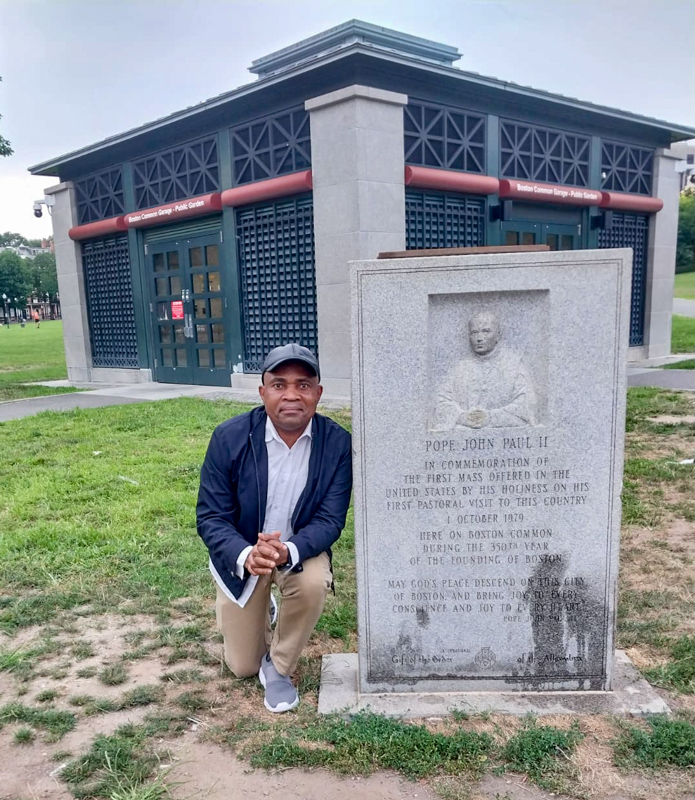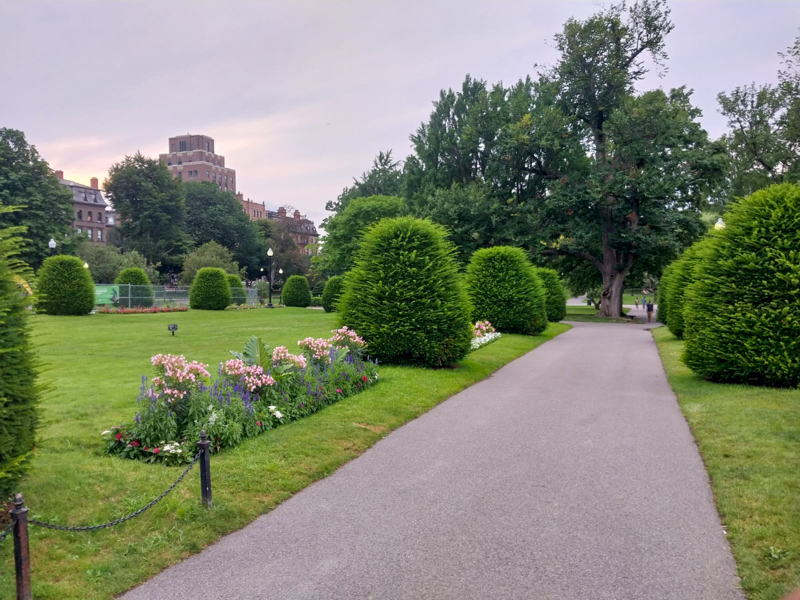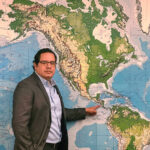Lessons from Boston Common and Boston Public Botanical Garden for Nairobi City, Kenya
By Michael Aswani Were, Kenya

The City of Boston, Massachusetts exemplifies how cities’ green spaces can be leveraged for climate resilience. The Boston Common and the Boston Public Garden, established in 1634 and 1837 respectively, are two of the oldest public parks in the United States. These historic parks provide an essential life-support system to Boston residents, including stormwater management, city cooling, and air quality improvement in the face of a changing climate.
The crisis of climate change is no longer a distant threat. It is here, now, indiscriminately devastating communities, and particularly in Kenya’s capital city, Nairobi. Building climate resilience is the only option for Nairobi’s sustainability which means the ability to withstand, adapt to, and recover from the impacts of climate change.
KEY LESSONS FOR NAIROBI, KENYA
- The Boston Common and Boston Public garden provide critical systems that control and manage stormwater. This nature-based solution can be integrated in Nairobi’s city management to reduce city flooding and prevent havoc caused by floods.
- Trees and green vegetation in the parks lower temperatures and combat urban heat island effect (UHI) that cause city discomfort and related health challenges. Nairobi can expand the green spaces to cool and improve residents’ comfort and prevent related health challenges. The parks also provide recreational sites for cultural, educational and social interactions.
- Community engagement and participation through Friends of the Public Garden and Common demonstrate collaboration between the authorities and citizens: a critical learning lesson for Nairobi.
Boston Common and the Boston Public Garden are living models of how thoughtful city planning can enhance climate resilience. Drawing from the lessons, both Boston and Nairobi can create greener and more sustainable city environments that are better prepared to face the uncertainties of a changing climate.



All opinions expressed by the program participants are their own and do not represent nor reflect official views from the Bureau of Educational and Cultural Affairs of the U.S. Department of State, or of the Institute for Training and Development, Inc.




